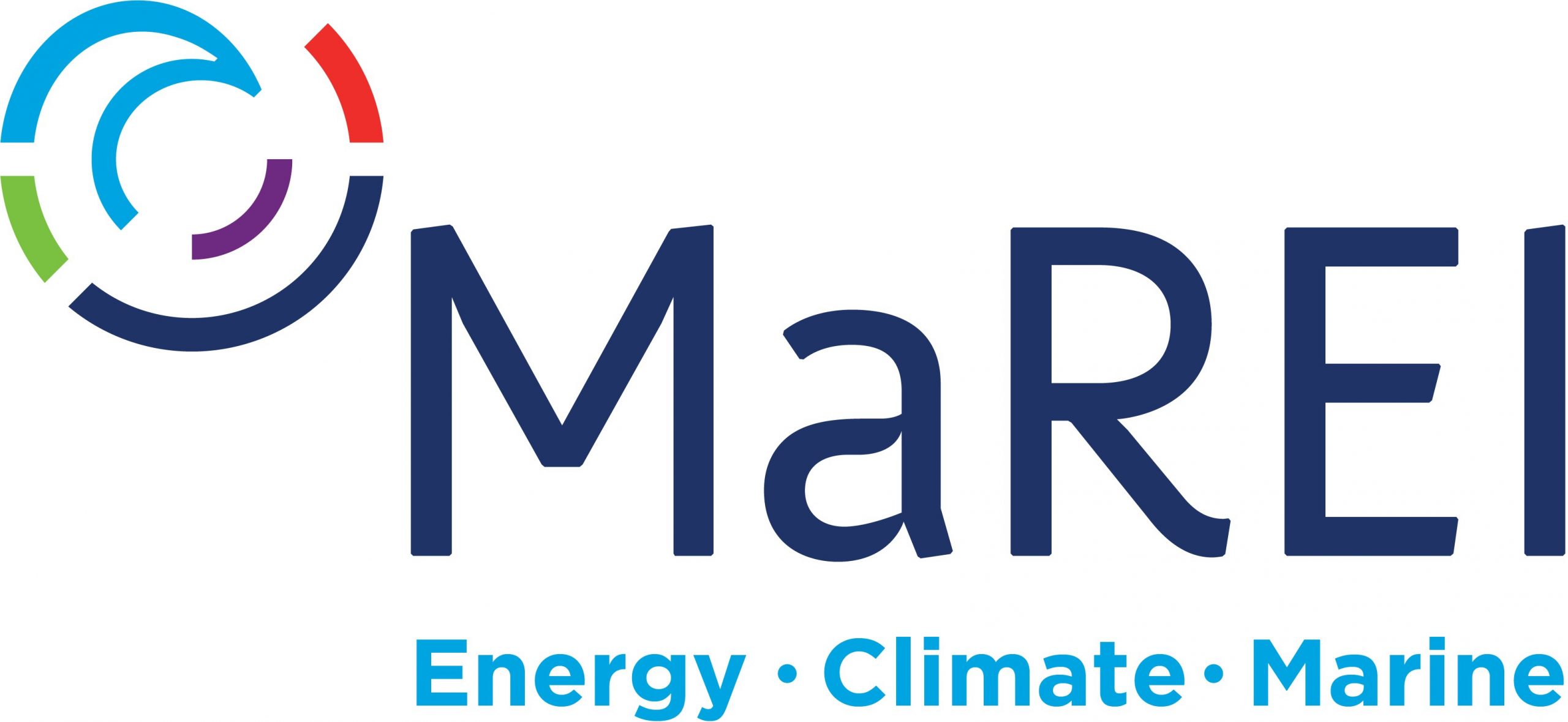
DOTS-ORE

- Title:
-
Dynamics of Technology Standardisation of Offshore Renewable Energy (DOTS-ORE)
- Start Date:
-
October 1st 2024
- End Date:
-
December 31st 2025
- Funding Body:
-
MaREI
- Coordinator:
- Research Partners:
- Principal Investigators:
- Research Area:
Introduction
Ireland and the world’s potential in offshore renewable energy – especially wave energy – persists untapped, due mainly to the lack of technology readiness and high costs (SEAI, 2024). Studies of the development of successful energy technologies such as onshore wind energy highlight the emergence of a dominant design as a key milestone. Beforehand, there is typically an extensive period of product innovation where multiple technological designs are tested, but once an industry converges on a dominant design, the focus typically shifts to process innovation where significant cost reductions due to economies of scale can be achieved.
In this context, the standardisation of technology designs could serve as a tool to (somewhat paradoxically) accelerate energy innovation. Standards are defined as documents established by subject experts and approved by recognized bodies that guide the design, use, or performance of materials, products, processes, services, systems, or persons (ISO, 2024). By establishing industry guidelines, literature has shown that standards can have simultaneously contradictory and complementary effects on innovation activity (Zawilsk and Popp, 2024).
The proposed research aims to investigate the emergence of standards and the impact of standard-setting processes in technological innovation, applied to a case study of offshore renewable energy (ORE) in Ireland. The research objectives will be i) to study standards emergence and overlapping issues around standardisation and innovation in technology development; ii) to analyse the most prominent standards in use in the ORE industry in Ireland; and iii) to statistically gauge the impact of standard-setting in Ireland using filed patents as a proxy for innovation.
This research will address a knowledge gap regarding the emergence and impact of standardisation on technologies (Blind et al., 2023). Another scientific contribution of this research will concentrate chiefly on empirical addition to the standards‒innovation nexus (Hawkins and Blind, 2017) ultimately shedding some light on renewable energy technological diffusion systems could help to substantiate science-based policy design regarding particularly SDGs 7, 9, and 13.




